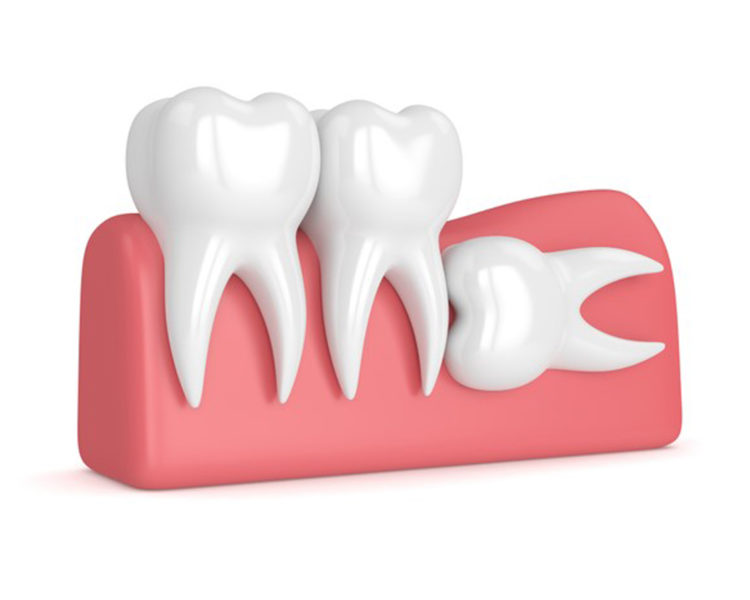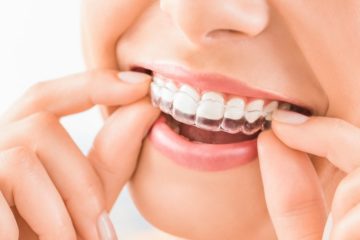Why Should I Get My Wisdom Teeth Out If They Don’t Hurt?

Wisdom teeth are one of life’s rites of passage, as (almost) everyone will develop them at some point in their young life. That’s right—almost everyone. There are some lucky souls in the world who never develop wisdom teeth at all. Others may only have 1-3 instead of a full compliment, and in rare cases some people may have more than 4. Whatever the case may be, everyone knows that the near-universal recommendation is to have wisdom teeth removed. But if they don’t hurt, and don’t appear to be causing other problems, why get them out? Here are a few reasons why.
The first reason is that you don’t really need wisdom teeth. Our mouths are optimized to use 28 teeth for chewing, and having 4 extra molars doesn’t really add much to our chewing experience.
Second, due to their location in the mouth, wisdom teeth are very difficult to keep clean. Assume for a moment that all your wisdom teeth grew in straight just like the rest of your teeth. Even so, they will be very difficult to keep cavity-free for a lifetime, and most dentists are reluctant to do fillings or crowns on wisdom teeth when all the other teeth are present. The simple way to put it is: wisdom teeth will only ever cause problems.
Some of the problems wisdom teeth can cause include crowding of your other teeth, causing changes in the way your teeth fit together, causing decay on neighboring teeth, not to mention the pain and discomfort they can cause.
Wisdom teeth can be thought of as the appendix of the mouth. They are vestigial in humans, and are one of the most commonly removed body parts. Unlike the appendix, though, wisdom teeth much more commonly cause problems, and are much, much easier to remove. For all those reasons, it is considered standard practice to have wisdom teeth removed. There is essentially no downside to doing so.
If you have asymptomatic wisdom teeth and your dentist has advised that they be removed, you’d be well served to heed his or her advice.



No Comment